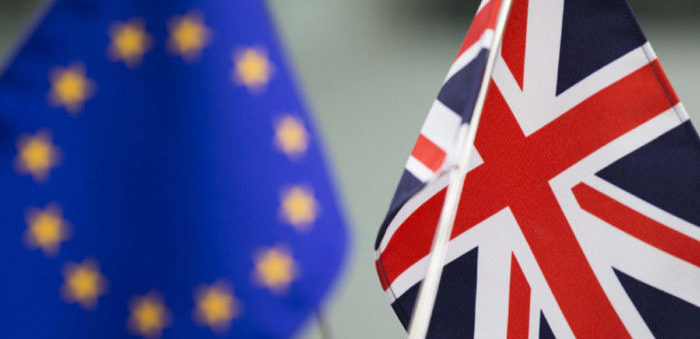Mace released a report called ‘Supercharged Free Ports’, focusing on role that ports play in regional and national UK economies. The report highlights the opportunities of super charging free ports to include enterprise incentives.
Ahead of Brexit, more and more attention is being given on how goods enter and leave the UK and how the country will keep its trading relationships once out of the European Union.
[smlsubform prepend=”GET THE SAFETY4SEA IN YOUR INBOX!” showname=false emailtxt=”” emailholder=”Enter your email address” showsubmit=true submittxt=”Submit” jsthanks=false thankyou=”Thank you for subscribing to our mailing list”]
All over the world free ports drive economic growth around strategic trading ports. By removing import and export duties on goods that don’t leave the area, local growth is benefited more.
A Free Port allows some exemptions from customs duties and tariffs which enables value processes to happen. They can be created under current UK law but depending on the type of Brexit deal they could be more relevant to the UK.
The report said that when the UK leaves EU, it will be able to designate its own free ports. When those free ports are supercharged by being combined with enterprise zones, the economic benefits to the UK will be substantial.
Namely, according to the report, this situation could produce more than 150,000 thousand jobs, and add £9bn a year to the UK economy.
The British Ports Association welcomed this report, saying that it is similar to the Association’s port zoning proposals, which could include enterprise, planning and consenting advantages for UK ports of all type and location.
BPA added that free ports are not a solution to potential customs and border requirements challenges presented by Brexit for gateway ports. However they could benefit ports where added value and industrial processes are taking place.
British Ports Association’s Chief Executive, Richard Ballantyne, stated:
Ports are economic areas that have been built up over many years, supporting jobs and businesses. They are often at the heart of their communities supporting trade, offshore industries, fishing, leisure and tourism as well as providing vital transport links.
See more information in the PDF herebelow


































































